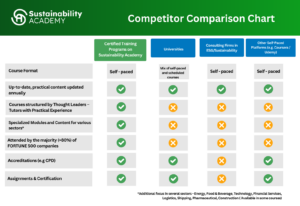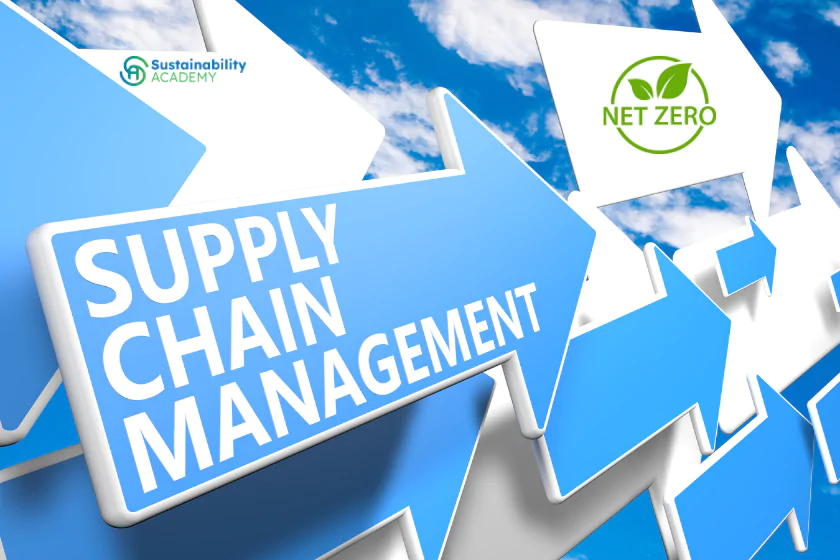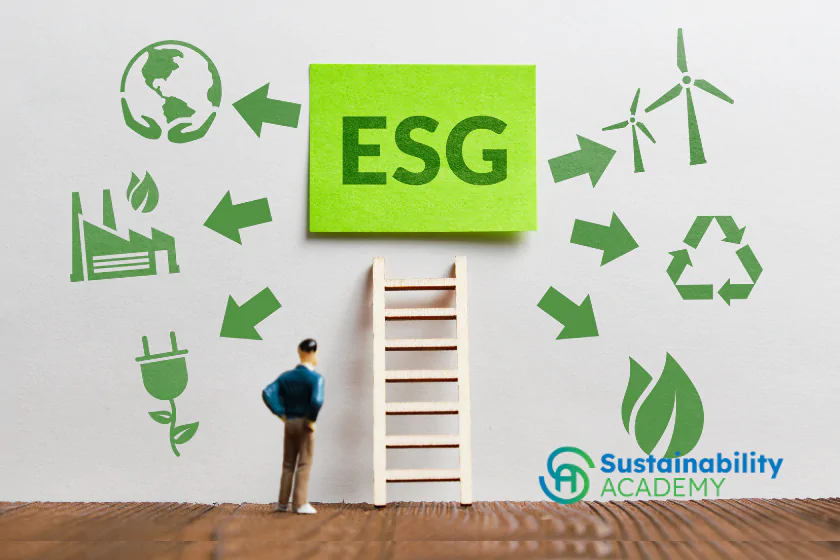What Is Sustainability Training and Why It Matters
Sustainability training equips individuals and organizations with essential knowledge on environmental, social, and governance (ESG) topics through online certified courses. These comprehensive programs provide practical tools and insights into how sustainability practices impact business operations, compliance, risk management, and long-term value creation. In today’s world, ESG knowledge isn’t just an ethical choice—it’s a competitive advantage and a critical career asset, especially when gained through structured, accredited online sustainability courses.
Who Should Take a Online Sustainability Course?
Whether you’re a student exploring green careers, a professional transitioning into ESG roles, a CSR team aiming to upskill, or an executive shaping corporate strategy, sustainability courses offer tailored insights. These programs benefit:
- Sustainability and ESG professionals
- CSR and compliance teams
- Business leaders and managers
- Consultants and auditors
- Academics and researchers
Explore Our CPD-Certified Online Sustainability Courses
The Sustainability Academy offers a range of CPD-certified, globally recognized online programs to boost your ESG expertise.
Online Certificate on Sustainability (ESG) Reporting
Master ESG fundamentals, including sustainability reporting standards such as GRI, SASB, and TCFD. Gain comprehensive knowledge on preparing robust ESG reports and aligning with global best practices.
Online Certificate on Carbon Reduction Strategy
Develop a strategic approach to carbon reduction and Net Zero planning. Learn about carbon accounting, reduction pathways, and corporate decarbonization strategies critical for achieving climate targets.
Online Certificate on CSRD & ESRS
Get equipped with the latest insights on the EU Corporate Sustainability Reporting Directive (CSRD) and European Sustainability Reporting Standards (ESRS). This course is essential for professionals involved in compliance and sustainability reporting.
Online Certificate on SASB & TCFD Reporting
Gain specialized knowledge in SASB standards and TCFD recommendations. Learn how to integrate these frameworks into corporate disclosures to meet investor and regulatory expectations.
Diploma on Sustainable Supply Chain Management
Advance your skills in managing sustainable supply chains. This diploma covers supply chain sustainability principles, ESG risks, and strategies for responsible sourcing and stakeholder engagement.
What Makes Our Online Sustainability Courses Unique?
CSE’s advanced Certified online sustainability courses will be of interest to professionals who want to update their knowledge and have a recognized qualification in the field of Sustainability, Corporate Responsibility, Sustainable Development, and Circular Economy. The specialized courses focus on the most important issues related to CSR and help professionals understand the business case for sustainability and how they can effectively design and implement sustainability strategies in their organizations. All courses include case studies, videos, and best practices from the global market. All courses can be taken online and be completed in 45 days.
- CPD Certified and globally trusted by over 30,000 learners
- 100% online and self-paced to fit your schedule
- Practical, real-world case studies and applications
- Designed by sustainability experts with 20+ years of experience
- Certification upon completion to showcase your credentials
Sustainability Training Outcomes: Skills You’ll Gain
Participants gain:
- Proficiency in ESG reporting and standards (GRI, SASB, TCFD)
- Understanding of Net Zero strategies and carbon accounting
- Expertise in stakeholder engagement and sustainability communication
- Strategic thinking for integrating sustainability into core business
- Knowledge of CSRD, ESRS, and sustainable supply chain management
How to Get Started with our Online Sustainability Courses
Getting certified is simple:
- Choose your preferred course on our website
- Complete the secure registration and payment
- Access the course instantly and learn at your own pace
- Complete the final assessment to earn your certificate
Join thousands of professionals who have upskilled through our accredited programs.
Free Sustainability Resources & Webinars
Explore our library of free resources, including sustainability guides, webinar replays, and practical toolkits. These resources are perfect for building foundational knowledge or deepening your ESG expertise.
FAQs About Online Sustainability Training
- What is ESG? ESG stands for Environmental, Social, and Governance, key criteria for sustainable business practices.
- Are the courses CPD recognized? Yes, all courses are CPD certified and internationally recognized.
- How long does each course take? Most courses are self-paced and can be completed within 15-25 hours.
- Do I receive a certificate? Yes, upon successful completion, you will receive a CPD-certified certificate via Credly.
Start Your Learning Journey with Sustainability Academy Courses
Ready to advance your career in sustainability? Enroll today in one of our accredited online sustainability courses. Join a global network of sustainability professionals and gain the skills needed to make a real impact.
What Our Learners Say
“I greatly appreciated the ability to discuss topics through examples. My expectations for this training program were met completely. I have gained…”
Rae Reeshemah Howard
Mission Leader, Coca Cola
“Very well built training. The thought balance between depth and breadth of topics worked well.”
Nelson Mumma JR
Coca Cola
“I found the instructor very knowledgeable and the course content very useful in my current position. It was definitely worth the investment of time and…”
Ann Caron
Timberland
Enroll Now Trust badges | Testimonials | CPD Certification | 30,000+ Alumni











